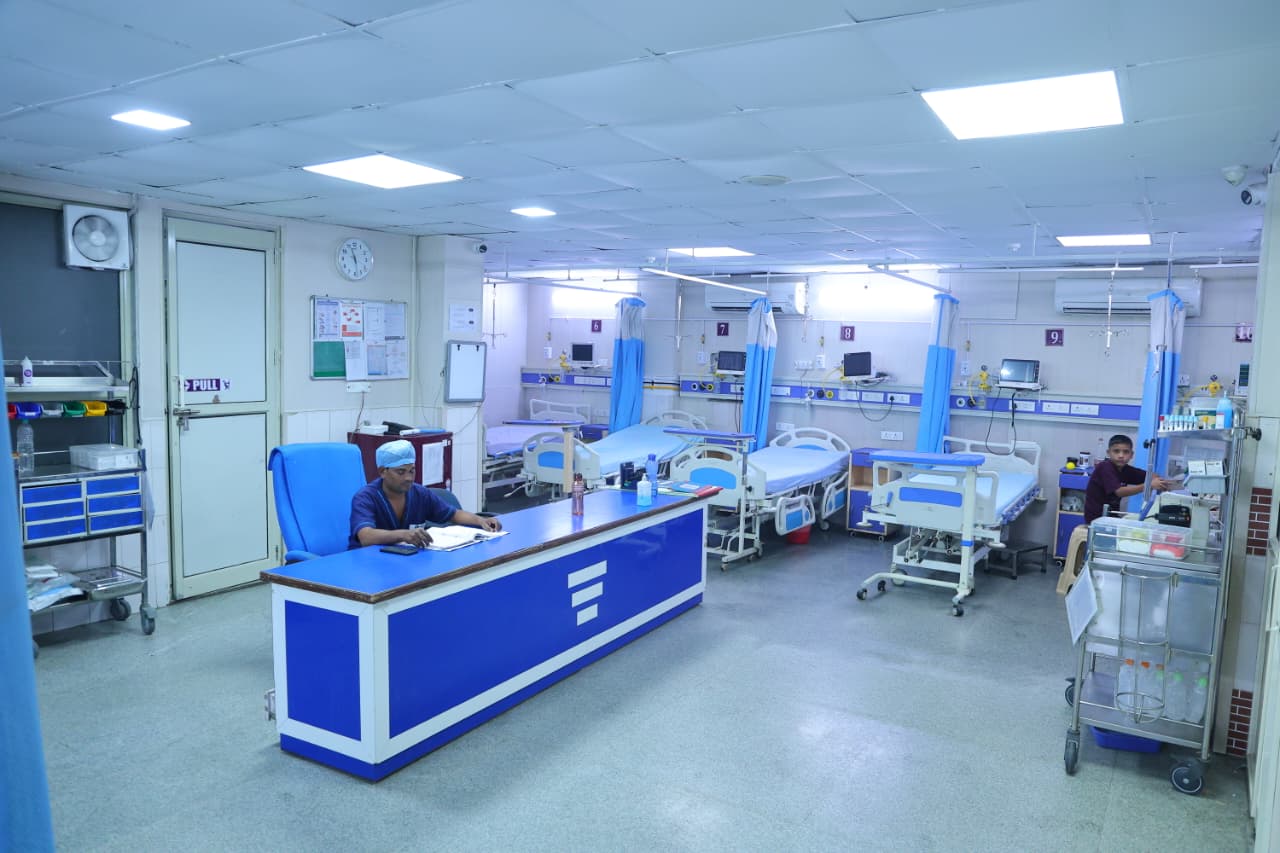
The integration of Smart Healthcare technologies is a paradigm that promises to reshape the future of wellness. Following are the key ways in which Smart Healthcare is contributing to this revolution, ushering in a new era of proactive, personalized, and interconnected healthcare.
1. Personalized Wellness through Wearables:
Smart Healthcare is putting the power of health monitoring directly into the hands of individuals through wearables. From fitness trackers to smartwatches, these devices collect real-time data on physical activity, sleep patterns, and vital signs. The result is a personalized approach to wellness, enabling users to make informed decisions about their lifestyle and health choices.
2. Data-Driven Insights for Preventive Healthcare:
One of the hallmarks of Smart Healthcare is its ability to harness and analyze vast amounts of health data. Through advanced analytics and artificial intelligence, healthcare providers can identify patterns and trends, allowing for early detection of potential health issues.
3. Telemedicine: Redefining Access to Healthcare:
This innovation enables individuals to consult with healthcare professionals remotely, breaking down geographical barriers and increasing access to medical expertise. Whether in rural areas or urban centers, individuals can now receive timely healthcare services, contributing to a more inclusive approach to wellness.
4. mHealth Apps for Empowered Health Management:
Mobile Health (mHealth) applications are empowering individuals to actively manage their health. From medication reminders to mental health support, these apps provide tools for users to track, monitor, and improve their overall well-being.
5. Enhanced Patient-Provider Collaboration:
Smart Healthcare facilitates a more collaborative relationship between patients and healthcare providers. With access to real-time health data, individuals can engage in meaningful conversations with their healthcare professionals, leading to more informed decision-making and personalized treatment plans.
The integration of technology into healthcare not only enhances the efficiency of medical processes but also empowers individuals to take an active role in their health journey. From wearables to telemedicine, the tools of Smart Healthcare are becoming integral in our healthcare system where wellness is personalized, accessible, and driven by data-driven insights.
Recent Posts

Get Free
Consultations
Special Advisors









Future of Hospital Design in India